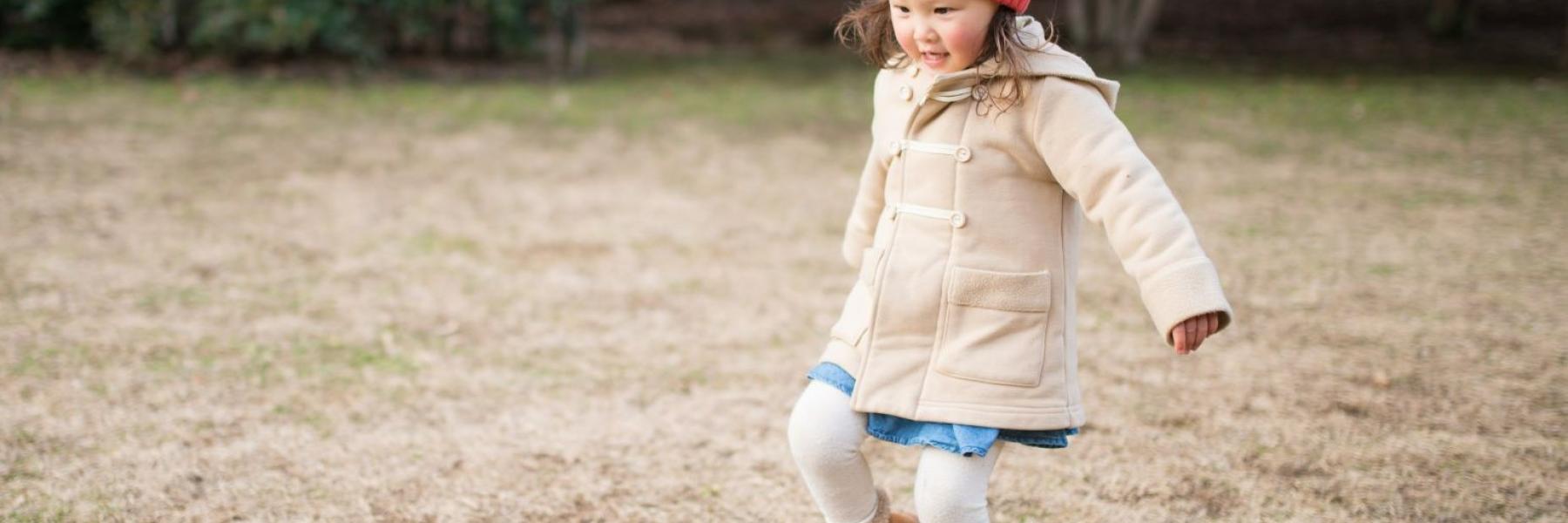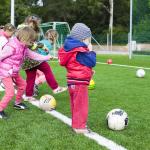
Fundamental Movement Skills
Fundamental movement skills are the building blocks of movement. They are a specific set of movement patterns that involve different body parts. These skills are essential for children’s enjoyment and success in physical activity.
What are the specific skills?
Fundamental movement skills are categorised into three groups: stability (balance), locomotor and manipulative skills.
Locomotor skills involve moving from one place to another, and include:
-
Running
-
Side-sliding
-
Leaping
-
Hopping
-
Skipping
-
Jumping
-
Galloping
Manipulative skills involve object control and include:
-
Catching
-
Overarm Throwing
-
Underarm Throwing
-
Striking
-
Stationary Dribbling (bouncing a ball)
-
Kicking
Why are these skills so important?
Fundamental movement skills are the building blocks for more complex movements and skills. Children do not naturally learn how to perform these skills correctly, so they need to be taught. When children know how to do these skills, they are more likely to take part in physical activity and games, especially as they get older. You can help your child practice these skills by encouraging physical activity at home and playing games that include these skills.
Skill development by age
The rough guide below shows how children progress through their skill development. It is important to remember that children will learn these skills at a different pace.

For more information
-
Munch & Move – Fun Moves videos
-
Munch & Move – Simple, fun ways to get young children active each day!
[Source: Munch & Move]
Related Topics



